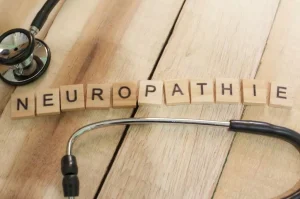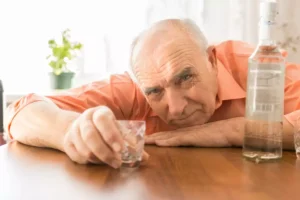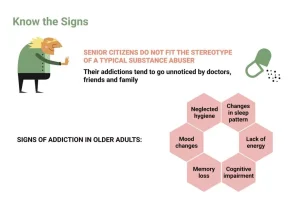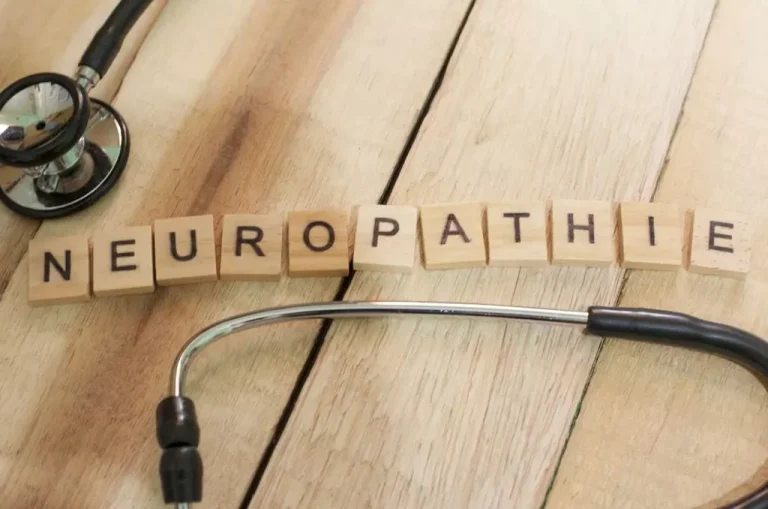
Alcohol’s ability to slow down the body’s processes causes damage to your cells and major systems over time. Also, in the case of frequent or chronic drinking, the loss of appetite that results can actually cause nutrient deficiencies to develop. Eating a healthy diet goes a long way towards easing withdrawal comfort and also helps your metabolism processes work can you flush alcohol out of your system with water more efficiently. If you’re a social drinker or only consume large amounts of alcohol every now and then, it shouldn’t be too hard to clean out your system. On the other hand, someone with a long history of alcohol abuse will likely have a tougher time. When this is the case, alcohol rehab can provide the level of support you need to accomplish your goal.
Does drinking water help flush out medication?

If you do indulge over the holiday season, understanding how your body processes alcohol and how you can support it is the key to having a healthy holiday season. On average, your body eliminates alcohol at a rate that would reduce your BAC by 0.015 per hour. That's the equivalent of processing about one alcoholic beverage each hour. At that rate, you can still be over the legal limit of 0.08 to drive the next morning if you've had several drinks or more. The minute you take in and drink alcohol, the metabolization process starts.
How does it affect your body?
- It causes your kidneys to flush urine from your body at a faster rate.
- These individuals can experience facial flushing, nausea, headache, dizziness, and rapid heartbeat.
- Once you consume alcohol, your body starts to break it down to eliminate it from your system, mainly through the liver.
- “As well as the mood-boosting effects of adrenaline, you also have the effect of the cold – and reducing inflammation in the body makes you feel good,” explains Dr Harper.
- This can lead to headaches, nausea, vomiting, and even seizures or coma.
When alcohol enters your system, your liver absorbs it where it is then broken down by enzymes into acetaldehyde and eventually acetic acid. This breakdown process occurs at a fixed rate, usually around one standard drink per hour. It’s important to note that using water as a method to remove alcohol from your body is ineffective. It’s your liver’s job to metabolize and filter alcohol, but your kidneys need water to actually flush it out. During the process of metabolizing alcohol, a highly toxic byproduct called acetaldehyde is created.
- Water helps to dilute the alcohol in your urine and can speed up the elimination process.
- Remember, the healthier your liver is, the faster it will process alcohol and help you reach sobriety.
- If you’re struggling to curb alcohol use or to quit, even with a court order, it’s a good sign that you should ask for help.
- Although reaching for a sugary beverage can be tempting, it won’t be as effective at rehydrating you as water.
- There is no specific frequency of drinking water to flush out alcohol.
How Long Can Alcohol Be Detected on a Urine Test?
Last year, we expanded our services to include robust mental health services, new locations, and specialized services for our nation’s veterans with more to come this year! We are visually recognizing our growth with a unified look that better reflects who we are today and the passion we have for helping everyone with their addiction and mental health recovery journeys. When people detox from alcohol, dry mouth and extreme thirst are common.

- Similarly, Crohn’s, an inflammatory condition, can also leave you with fattier floating poops because it causes swelling in the part of the small intestine where bile does most of its work on fat.
- “Getting cold is bad for you, but exposing yourself to the cold is good for you – it’s an important distinction,” explains Dr Harper.
- Vitamins play a crucial role in the body’s recovery process after alcohol consumption, with Vitamin B being particularly important.
- Alcohol flushing is eliminating or flushing out all the alcohol in your body.
- Ethanol is the type of alcohol found in alcoholic beverages and is the substance that can cause intoxication.



